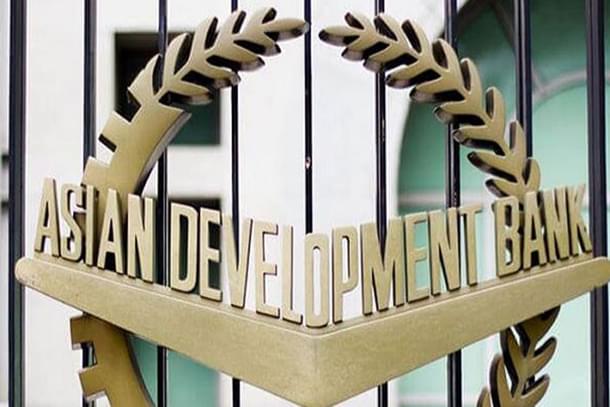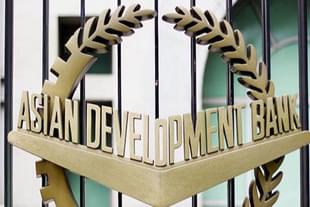News Brief
Kolkata To Get Climate-Resilient Sewerage And Drainage System As ADB Approves $200 Million Loan
Arjun Brij
Feb 28, 2025, 02:26 PM | Updated 02:26 PM IST
Save & read from anywhere!
Bookmark stories for easy access on any device or the Swarajya app.


The Asian Development Bank (ADB) has approved a $200 million loan to upgrade climate and disaster resilient sewerage and drainage in Kolkata, which is expected to improve urban life while reducing the risk of public health and flooding.
This project is part of the crucial component of Kolkata Municipal Corporation Sustainability, Hygiene, and Resilience (Sector) Project and aims at improving significantly hygiene levels, notably for vulnerable segments, such as women and children.
Through widened drainage and sewerage networks, the project targets curbing diseases from water and vector borne sources along with providing a much needed level of protection from frequent urban floods.
Highlighting ADB’s long-standing commitment to Kolkata’s urban transformation, Hikaru Shoji, Head of ADB’s Water and Urban Development Portfolio Management Unit, remarked: "The project builds on ADB’s 25-year partnership with the Kolkata Municipal Corporation (KMC), working to make Kolkata a more livable city through phased, integrated investments to improve urban services, operational efficiency, institutional effectiveness, and long-term sustainability.”
He further noted, “As the next phase of our urban development efforts in Kolkata, this project builds on earlier initiatives to expand sewerage and drainage infrastructure, improve hygiene conditions, and strengthen KMC’s governance and revenue generation efforts."
Kolkata, which is India's most crowded urban agglomeration, is still afflicted by aging and ineffective drainage mechanisms that have widened the city's susceptibility to floodings and sanitary issues.
Rising incidences of heavy downpour due to climate change only served to augment these issues, which urgently demand addressing.
Under this project, a comprehensive sewerage and drainage system will be created, which will involve building 84 kilometres of trunk and secondary pipelines, 176 kilometres of lateral pipelines up to customer connections, and laying 50,000 house sewer connections.
A new sewage treatment plant and five pumping stations will also be built, benefitting directly over 277,000 residents.
Aside from physical infrastructure, the project intends to upgrade KMC's operations system by integrating a full IT-based asset management system, enhancing property tax collections, and expanding the city's early flood warning system, first launched through a prior ADB-supported intervention.
Community awareness initiatives on water, sanitation, and hygiene will likewise be undertaken, in addition to a special drive to promote employment for women through focused skills development and internships.
Arjun Brij is an Editorial Associate at Swarajya. He tweets at @arjun_brij





